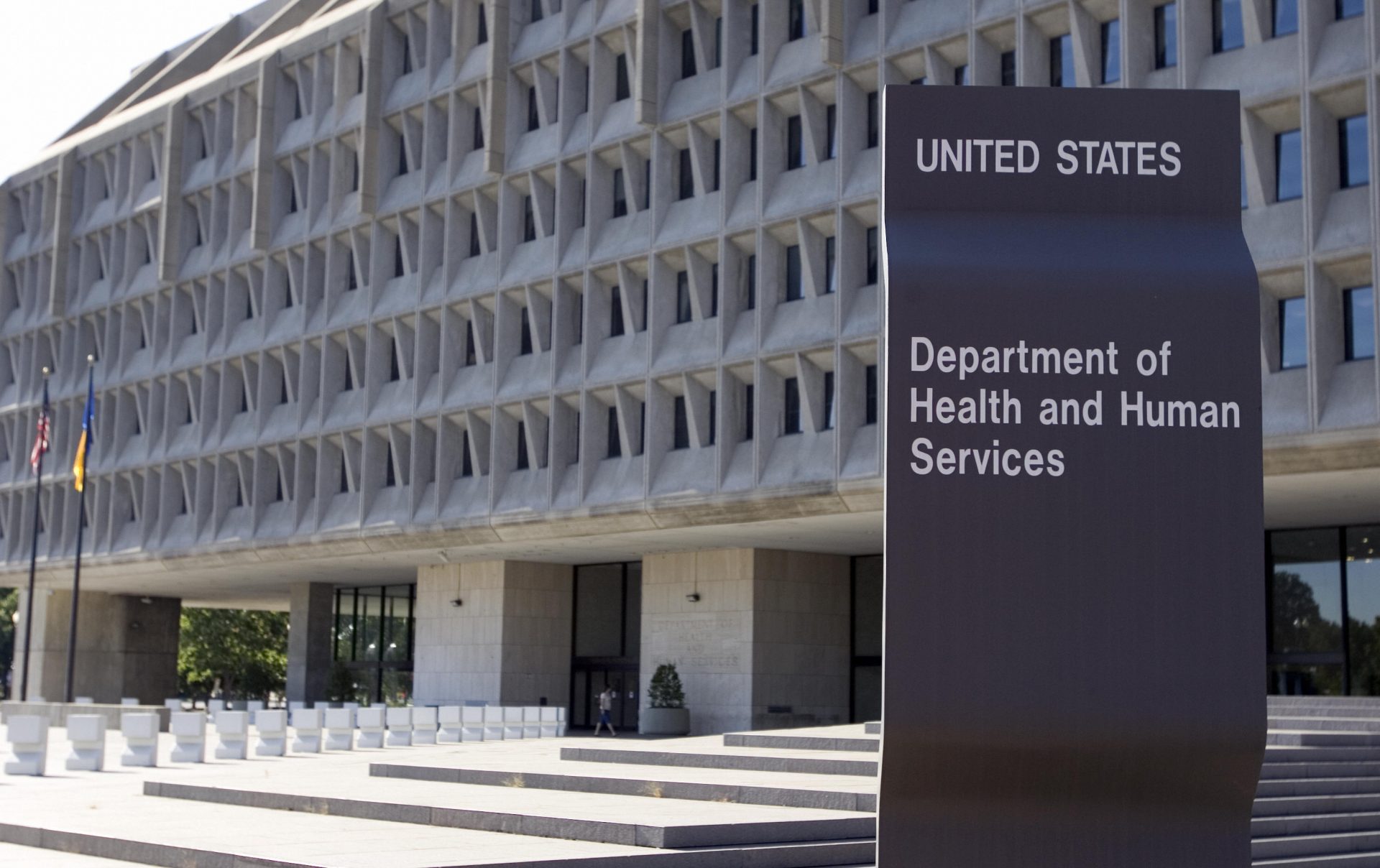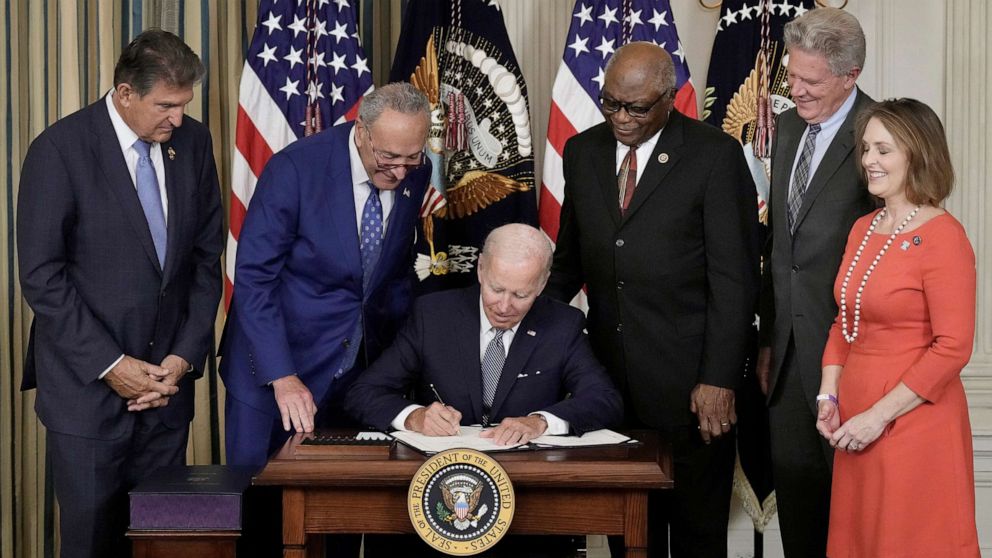340B: Implications of the New Ruling
On June 15, 2022, the Supreme Court of the United States (SCOTUS) ruled in favor of hospitals over Medicare regarding a 340B reimbursement policy instituted in 2018 and unanimously decided that the almost 30% in cuts to Medicare outpatient drug payments for hospitals participating in the 340B drug pricing program was unlawful.





